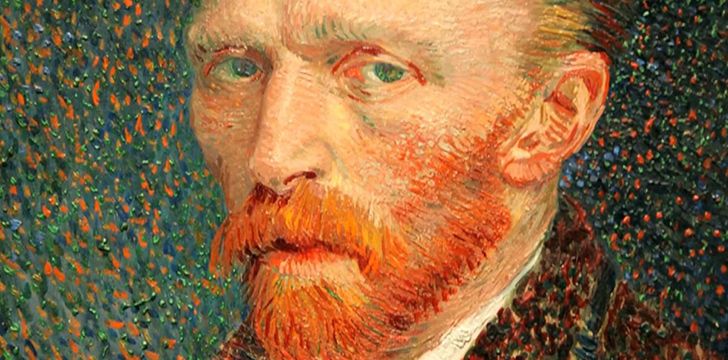Prerna
In Hindi we say Prerna for Inspiration, this was what he left behind after his talk and presentation. Going to high school is the one thing he missed out on. He had dropped out of high school, joining the Indian army where he had served as an officer; he later retired as a major. He has now co-founded Delhi-headquartered MSD Security Pvt that runs in over sixty cities all around India; he also co-founded the Singapore-based Influence Solutions Pte. He is a famous Indian book writer, publishing a book every year, some of his best sellers are his books about terrorism and action.
He stunned us all; the grade nines in writer’s fortnight. This was a fortnight, where artist, poets, journalists or people with the most incredible stories about their life ready to share it with the world. We got a whole period just to listen and watch them presents to us on what they were presenting and we take down as many notes possible and blaze them with questions; for an article later on.
The he, that I am writing about is Mukul Deva. He was personally my favourite verses all the other people who had presented during writer fortnight, he inspired us with his astonishing talk and presentation, he was by far the most interesting and most amusing, more than all the other speakers.
Mukul Deva inspired us with his bold and very amusing ways of presenting to us, on ways on how he writes his books once a year and why writing books about business are the worst. He was very energetic and brave, as compared to some of the other people presenting in writers fortnight. He was not shy or scared to speak the truth. He was completely calm while he explains how he writes books basically for money and after it has been published he does not care about the book at all. He was also kept his calm under pressure when the audience would attack him with questions, making us feel that bit more welcome.
Mukul Deva (ND“In Conversation with Mukul Deva: India’s First Military Thriller Writer!” Transition of Thoughts, 27 Sept. 2012, transitionofthoughts.com/2012/09/27/in-conversation-with-mukul-deva-indias-first-military-thriller-writer/.)
He would actually give me goosebumps a few times with how he would return questions back to the person who had asked him, for example, my unlucky friend was clueless when Mukul Deva boomeranged his question back to him by answering it and re-wording it back to my friend. He inspired us not by his story but how he unravelled it to us.
Mukul Deva started the introduction talking about his life. Yes, we all started to get bored and tired but he startled us, making us sit up when he said, that he now writes and publishes one book a year, that how he has not gone to work in about five years. From that point, we where all was deeply fascinated. He got to a point where his words gave us one motive that he said had completely changed his life, “Just do it”. No, he was not sponsored by Nike; he was speaking from his experiences, from a student who dropped out at high school to now a multi-millionaire, his words made us drool, by making is think about how easy someone’s life could be; just waking up, having not gone to work in months and obtaining money, just writing books for life into the sunset. He astonished us, making us imagine how easy life could be, not can but could be. His talk was actually able to motivate some people to write a book.
A few of my friends found him a bit intimidating with how he expressed his figure during the start, but throughout the presentation, he became more friendly, more of a nice uncle that you would barely meet, who inspires you in ways your parents never did. He makes great jokes about people who work with him in his business, for example how he hates all publishers, as they can take one glance at your book and not like.
Mukul Deva was once just a student like all of us in that room, he had dropped out of high school unlike anyone if us in that room. He inspired a room full of mean, clueless, lazy group of grade nine students that judge for a living. He kept his calm and made us feel welcomed, spreading his Prerna to every single one of us, giving us hope for a new way to live our life; he was able to make us picture our life, by making us choose our ‘own’ path, a path that has never been done before by anyone else, planning life the Deva way, by doing exactly what Mukul Deva said to do, “ just do everything”.
One of his best sellers (NDwww.linkedin.com/pulse/20141102045244-18676706-book-review-the-garud-strikes-by-mukul-deva.)





 I generally found the paper quite similar to what I have done in IGCSE, maybe it’s me but it wasn’t as hard as I expected it to be. But that doesn’t mean it wasn’t challenging. I found it quite hard to get that deeper meaning, not that the soup was being advertised to the rick but rather how the soup relates to the women in the advertisement and connecting that with the addition of the great depression and the effect of it on the readers.
I generally found the paper quite similar to what I have done in IGCSE, maybe it’s me but it wasn’t as hard as I expected it to be. But that doesn’t mean it wasn’t challenging. I found it quite hard to get that deeper meaning, not that the soup was being advertised to the rick but rather how the soup relates to the women in the advertisement and connecting that with the addition of the great depression and the effect of it on the readers.





